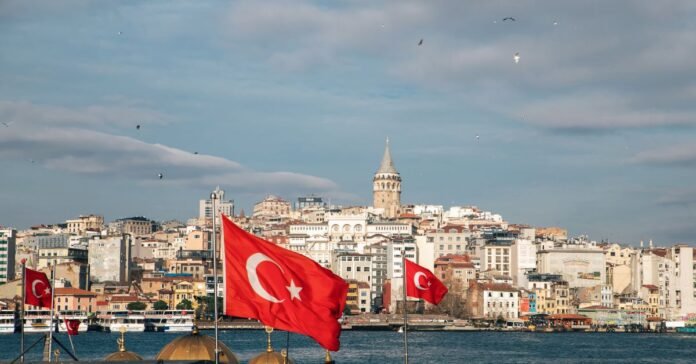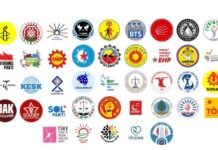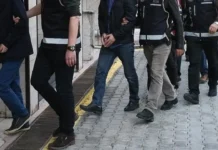Turkey has maintained its position with a score of 34 out of 100 in the 2024 Corruption Perceptions Index (CPI) released by Transparency International (TI), failing to show any improvement while continuing to rank below the global average of 43, Turkish Minute reported.
The CPI ranks countries and territories based on how corrupt their public sector is perceived to be. A country or territory’s score indicates the perceived level of public sector corruption on a scale of 0 (highly corrupt) to 100 (very clean).
Denmark (90), Finland (88), Singapore (84), New Zealand (83), Luxembourg (81), Norway (81), Switzerland (81) and Sweden (80) were ranked as the least corrupt countries in the 2024 index.
Turkey was ranked 107th among 180 countries, a slight improvement from 115th place in 2023. However, this shift in ranking does not indicate progress in fighting corruption but is instead due to a decline in the scores of other countries that were previously ahead of Turkey, such as Belarus, Bosnia and Herzegovina, Egypt, Thailand, Panama, Nepal, Algeria and Sierra Leone.
Turkey shares its position with Algeria, Brazil, Malawi, Nepal, Niger and Thailand. Despite the ranking change, Turkey’s score of 34 remains its lowest since 2004, when it had a score of 32.
Turkey’s decline in the index has been ongoing since 2013, when it achieved its highest score of 50. Since then, the country’s corruption score dropped to 45 in 2014, 42 in 2015, and 40 in 2020, eventually falling to 34 in 2023, where it remains in 2024.
The report highlighted that the absence of an independent and effective anti-corruption body, the weakening of oversight mechanisms and a lack of reforms are key factors preventing progress. Since 2013 Turkey has lost a total of 16 points, making it one of the lowest-ranked countries among those seeking European Union membership.
Transparency International’s study can be considered proof that Turkey’s backsliding started in late 2013, when Turkey was shaken by two corruption investigations implicating then-prime minister and current president Recep Tayyip Erdoğan’s inner circle.
Erdoğan’s Justice and Development Party (AKP) government subsequently suppressed the corruption scandal by managing to control the judiciary, creating special criminal courts headed by a single judge thanks to the AKP’s parliamentary majority.
These judges then jailed all the police and prosecutors who had conducted the 2013 corruption investigations, while Erdoğan and his family members who were implicated have never appeared in court.
The erosion in the rule of law in Turkey worsened after a failed coup in July 2016, when more than 4,000 judges and prosecutors were removed under the pretext of an anti-coup fight.
The AKP government is accused of replacing the purged judicial members with young and inexperienced judges and prosecutors who have close links to the AKP.
In a development that confirmed the erosion of the Turkish judiciary, Turkey was ranked 117th out of 142 countries in the World Justice Project’s Rule of Law Index published in October 2024.
In the Eastern Europe and Central Asia region, in which Turkey is included, the average score remains 35. Transparency International noted that the overall levels of corruption perception in the region remain low, with minimal improvements.















